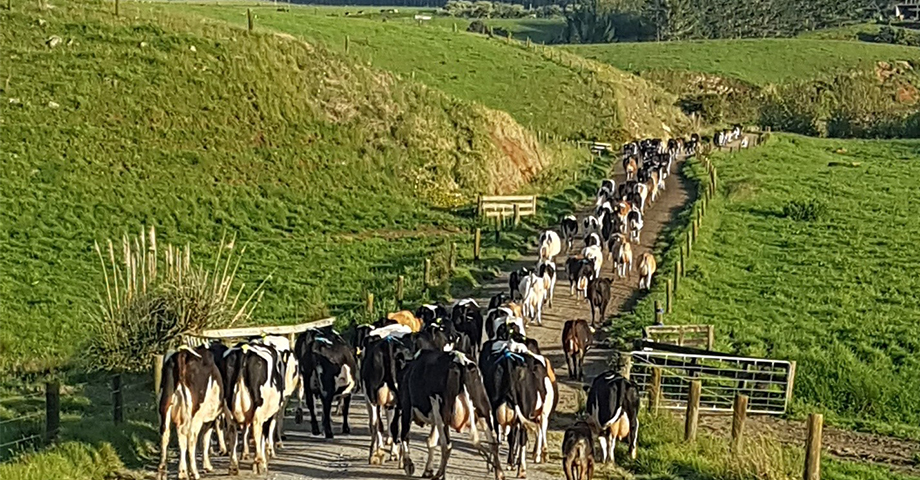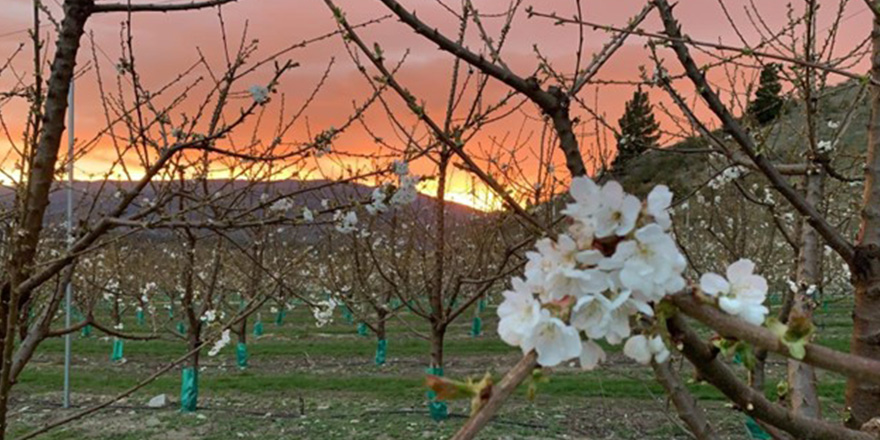
Executive summary
The future of arable farming in Canterbury presents a complex landscape of opportunities and challenges. The Canterbury region boasts fertile alluvial plains, a favourable temperate climate, and a history of adaptable farming systems.(Moot et al., 2010)(Wilson, 2022).However, arable farmers face significant hurdles, including low profitability, rising input costs, labour shortages, environmental regulations, and succession planning concerns.
This report aims to provide insight from a grower’s perspective on the opportunities and challenges of arable farming in Canterbury for the future. To gain a deeper insight into ideas and experiences around my research topic, a literature review, and semi-formal Interviews were completed with 14 arable farmers across Canterbury and were used to answer the following questions:
- What do you see could be some of the biggest opportunities for arable growers in Canterbury over the next 25-50 years?
- What do you see could be the biggest challenges for arable growers in Canterbury over the next 25-50 years?
- Is the arable sector sustainable as it is today? If not, how do you see the sector progressing into the future?
- Do you think your current arable farming system is resilient to the challenges of a changing climate? If so, what practices are you using and looking into to make your system more resilient?
Opportunities lie in diversifying away from traditional arable crops of wheat, barley, and ryegrass seed into higher-value crops like horticulture, vegetable seeds, and plant proteins, leveraging technologies for precision farming, pursuing value-added and direct market strategies, and embracing collaboration through joint ventures, syndicates, and co-operatives.
However, realizing these opportunities requires overcoming the ingrained individualistic tendencies of the sector’s growers and navigating challenges, including low profitability, rising input costs, labour shortages, and a complex regulatory landscape. This challenging financial landscape poses a significant obstacle to succession planning and overall farm viability, with a high land cost relative to profitability making it exceedingly difficult for young people to enter the sector.
The key areas where the arable sector can improve its long-term viability are:
- Focus on High-Value Crops and Niche Markets
- Expand Vegetable Seed Production
- Explore the Potential of Plant Proteins
- Embrace Technology and Innovation
- Develop Value-Added Services and Direct Marketing
- Foster Collaboration and Joint Ventures
- Address Labour Shortages and the Skills Gap
- Improve Succession Planning and Farm Viability
- Enhance Sustainability and Climate Resilience
Ultimately, the long-term viability of arable farming in Canterbury depends on successfully addressing these challenges and capitalizing on emerging opportunities to ensure a profitable and sustainable future for the next generation of arable farmers.
Thomas Holmes




